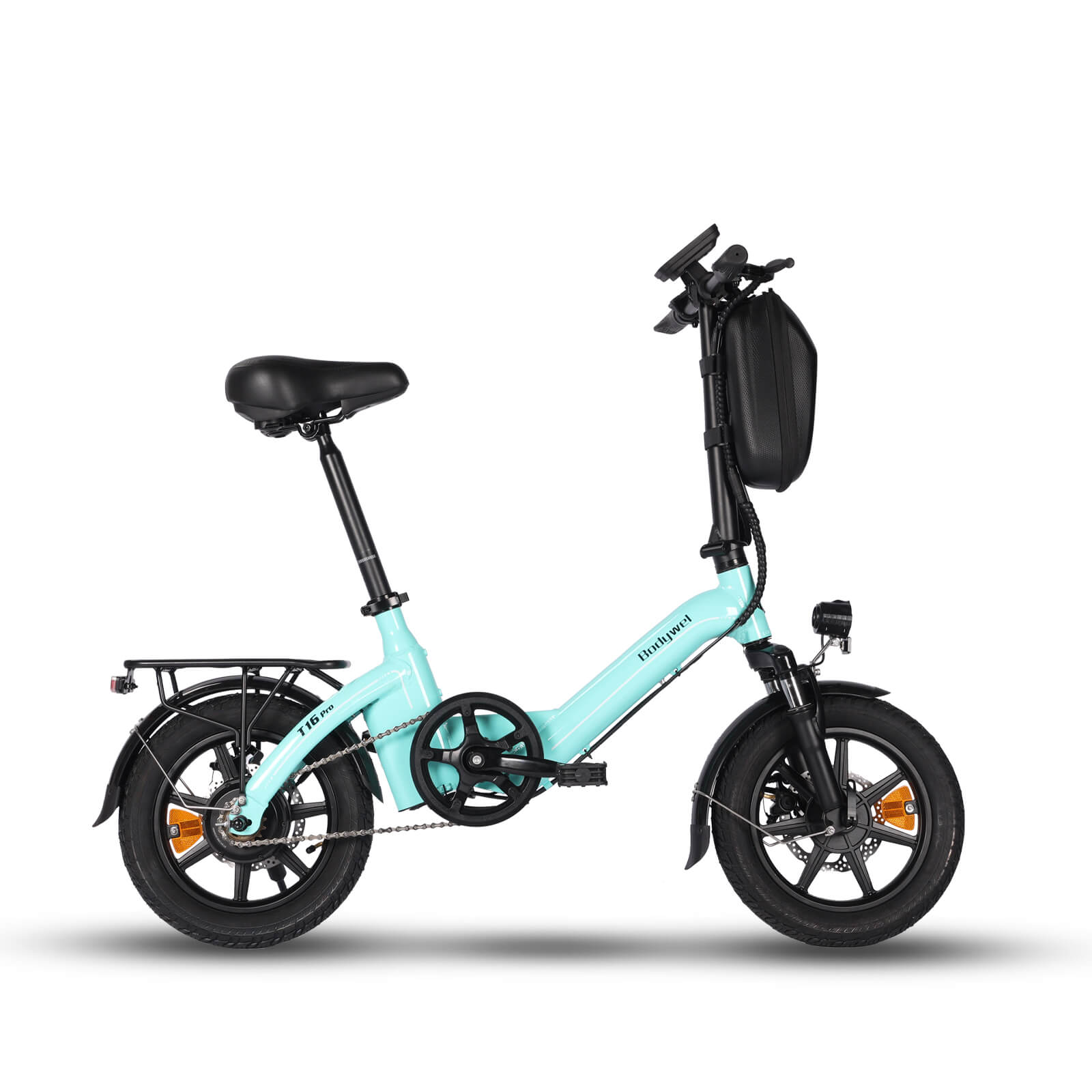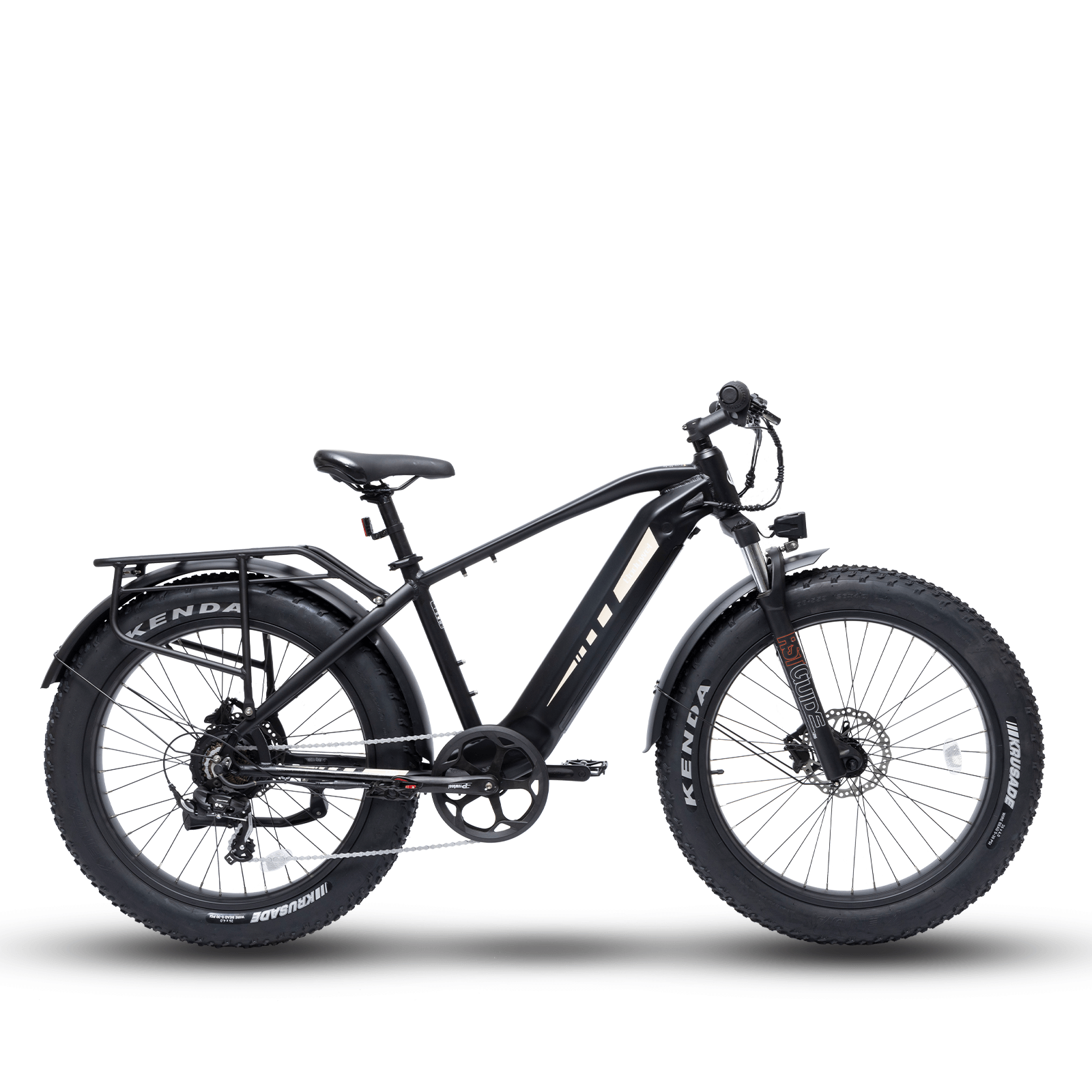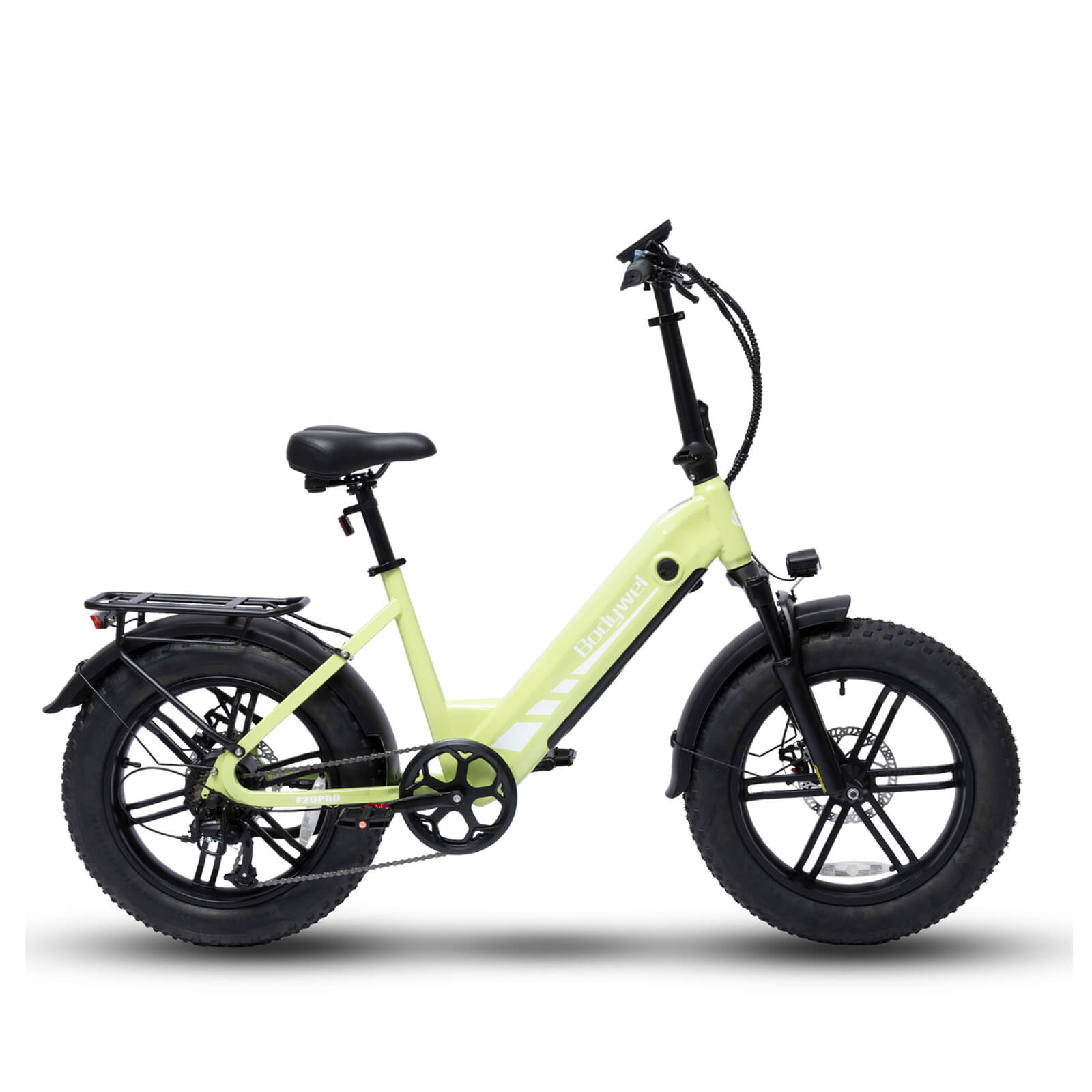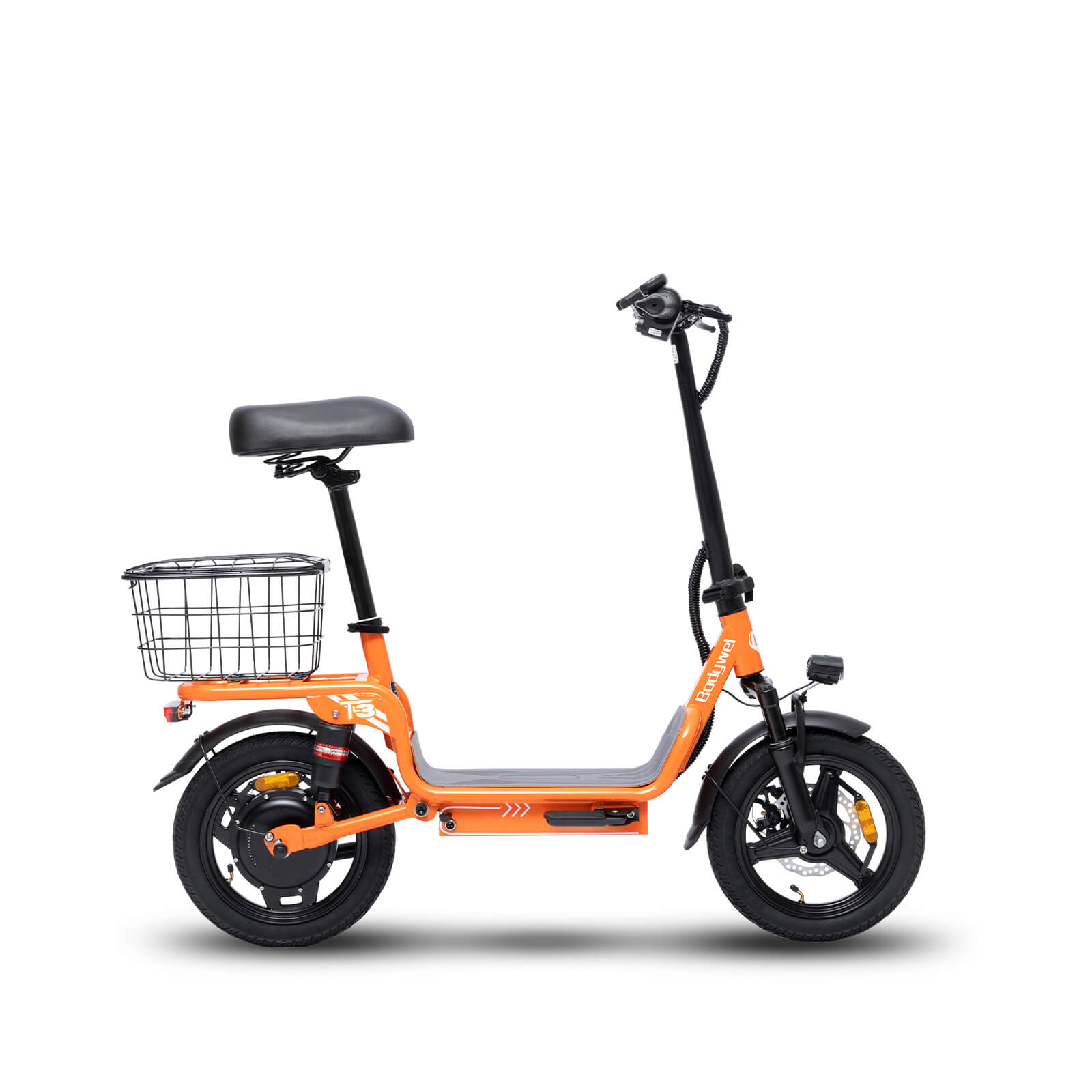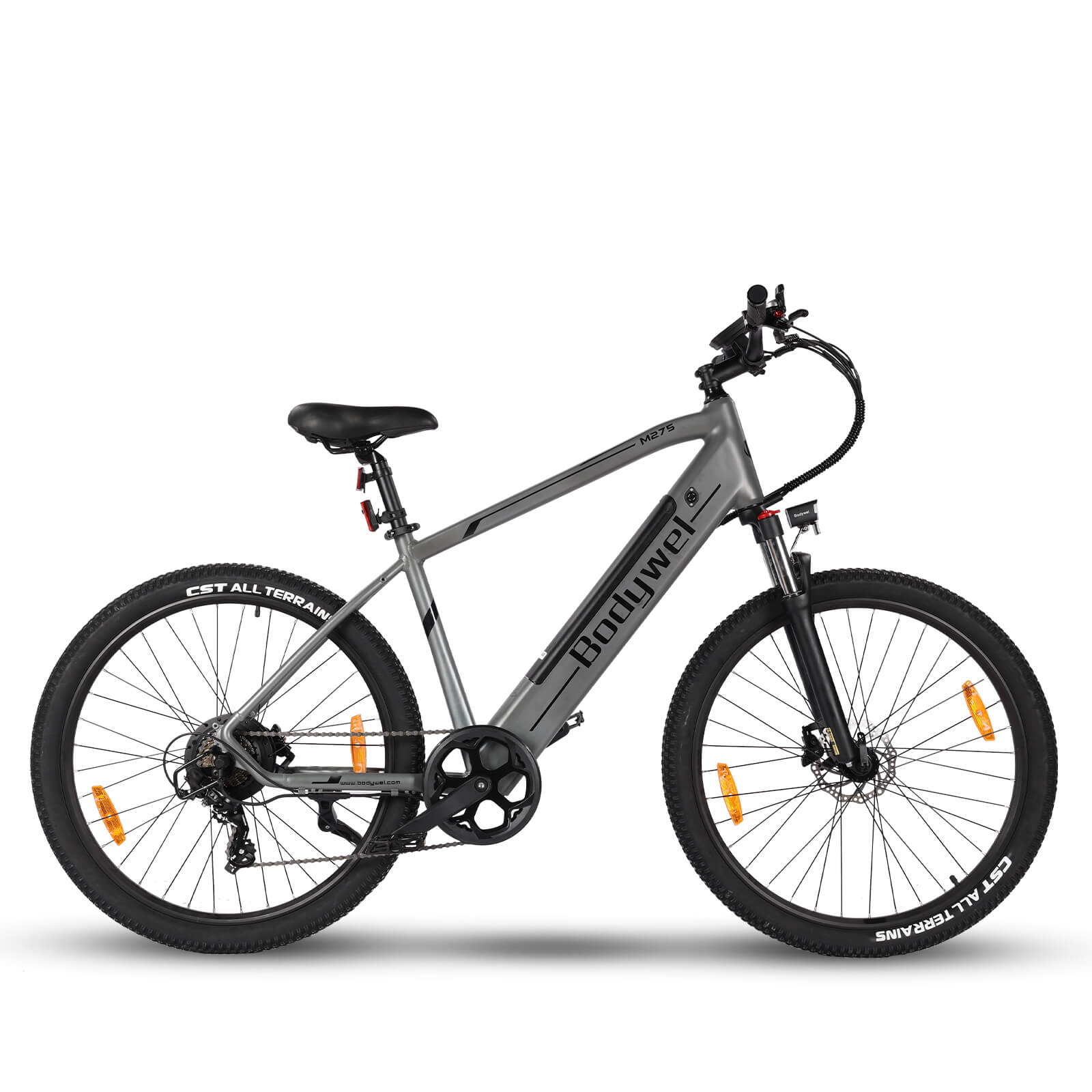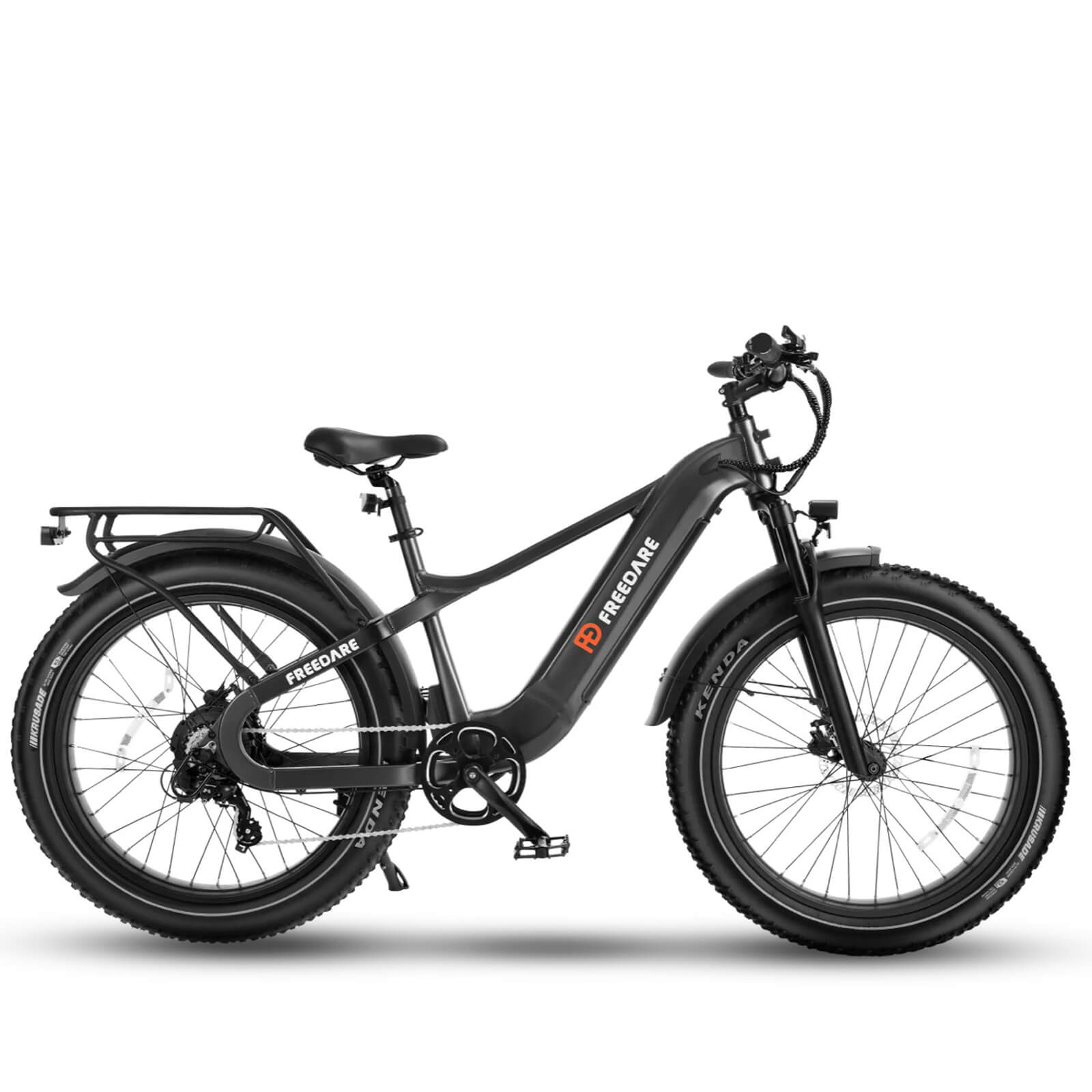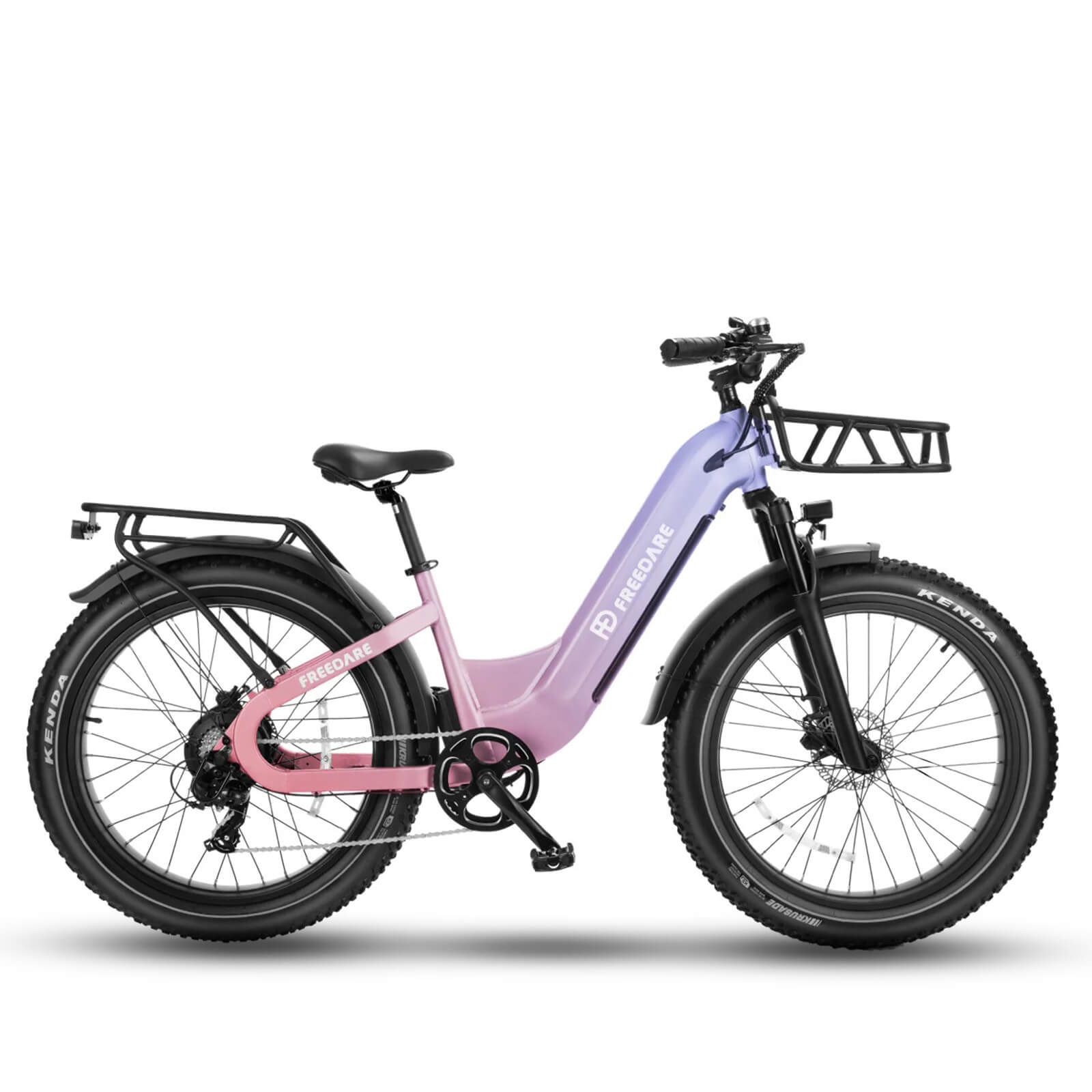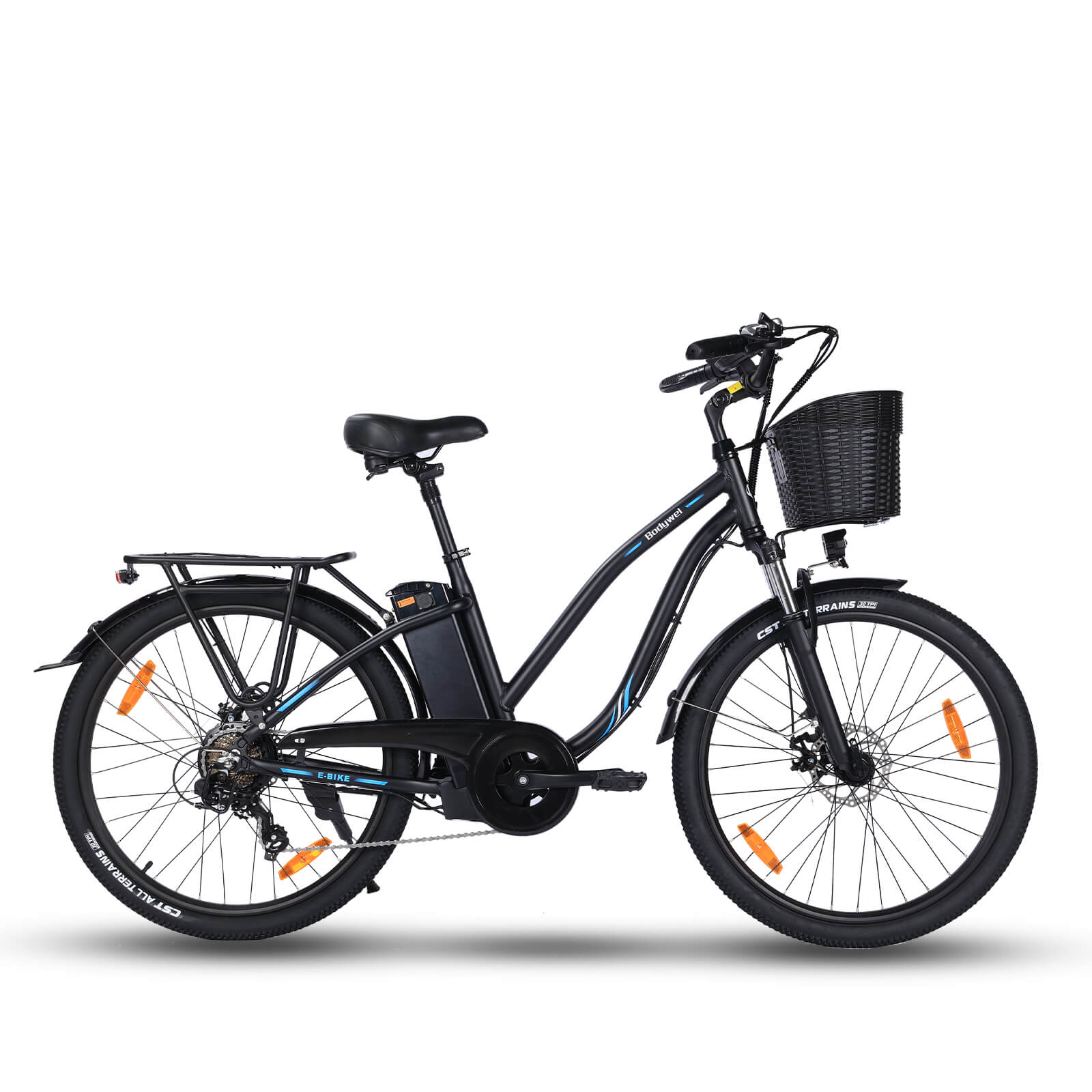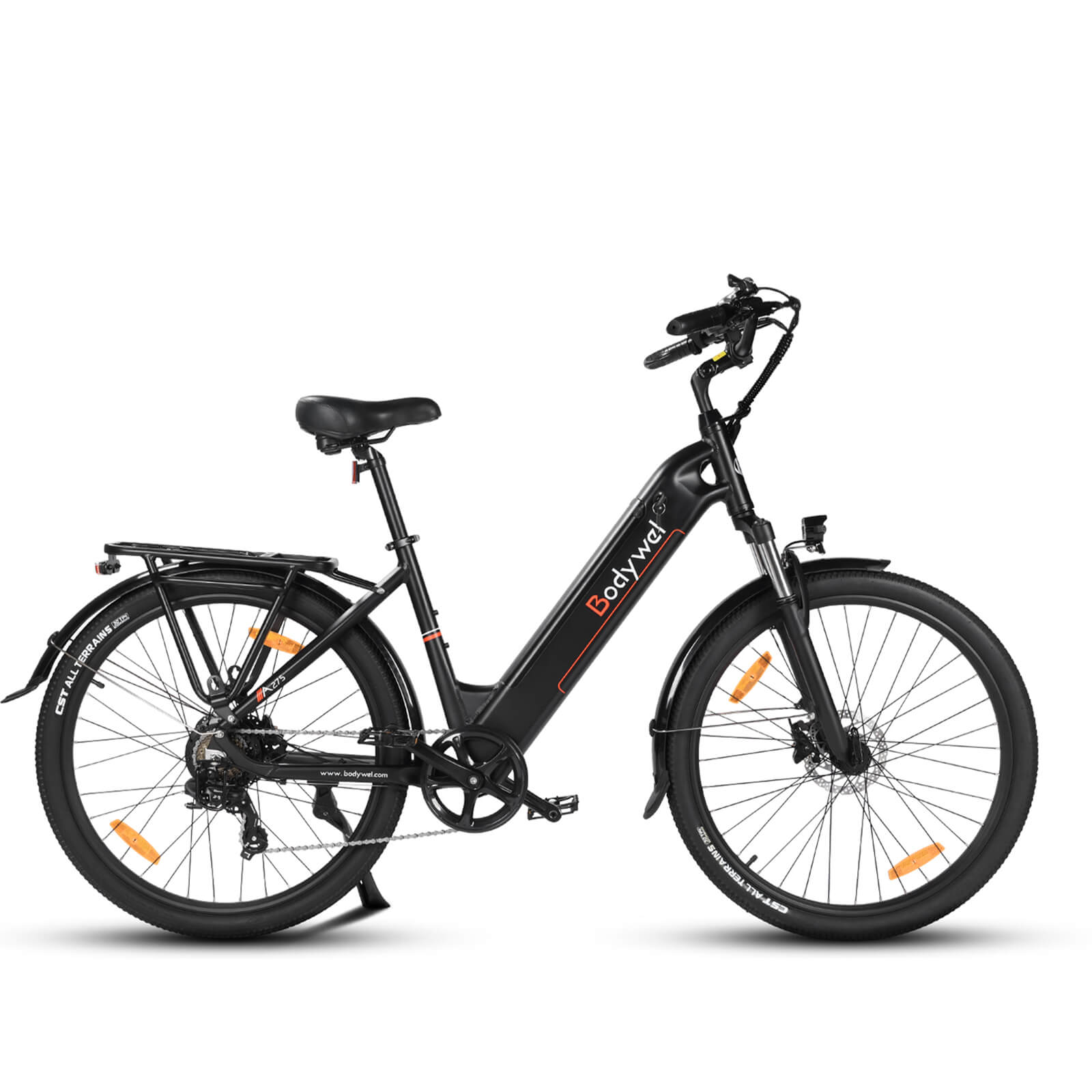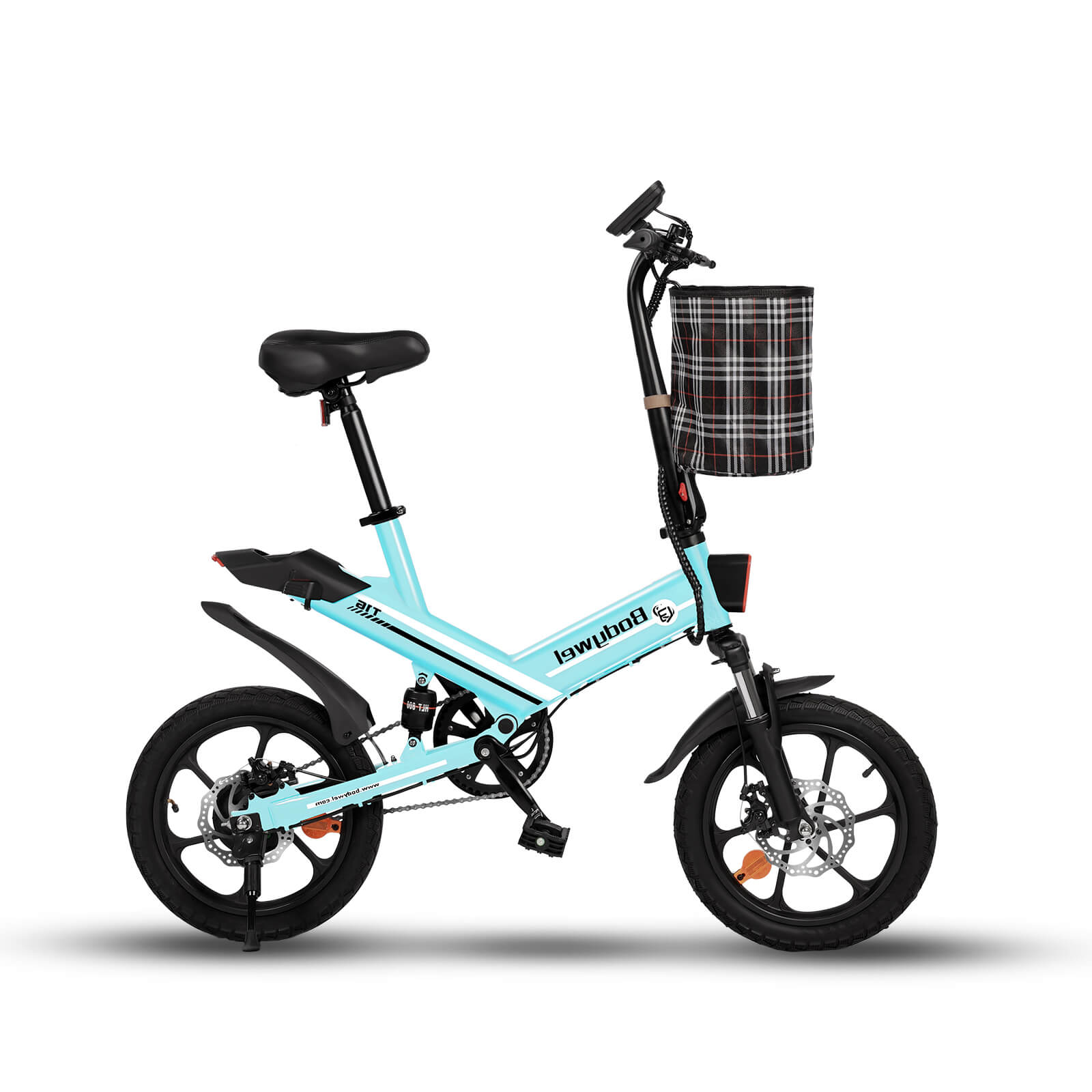Ducati E-Bike Review: Performance & Riding Experience

Power, Design & Electric Innovation
The foray into electric bicycles merges Italian engineering with cutting-edge e-bike technology. This review explores the performance, riding dynamics, and real-world usability of these premium electric mountain and urban bikes for outdoor enthusiasts.
Engineering Excellence: E-Bike DNA
The electric bicycle lineup inherits a motorsport pedigree, featuring proprietary frame geometries and premium components. The full-suspension and hardtail models exemplify this with aerospace-grade aluminum and carbon fiber construction, optimized for weight distribution and durability.
Powertrain & Battery Systems
The bikes integrate a high-performance motor with substantial torque, paired with high-capacity batteries. Riders may notice the proprietary eMTB mode automatically adjusts assistance based on terrain gradient—a feature tested extensively in demanding conditions.
Riding Dynamics: Trail to Urban Performance
The electric mountain bike series delivers exceptional trail responsiveness. Our test rides revealed the premium suspension system absorbs technical terrain effectively, while the high-end drivetrain maintains precise gear transitions. Urban models prioritize agility with narrower tires and a substantial assisted range.
Comparative Advantage
When benchmarked against competitors, these e-bikes distinguish themselves through:
- Higher torque-to-weight ratios
- Advanced traction control algorithms
- Quick-release battery systems with faster charging
Buyer Recommendations & Ideal Use Cases
For technical trail riding, the full-suspension eMTB justifies its premium pricing with race-ready components. Commuters may prefer the hybrid model featuring integrated lights and a higher assist limit. Note that all models require professional assembly—consult authorized dealers.
0 commentaire




